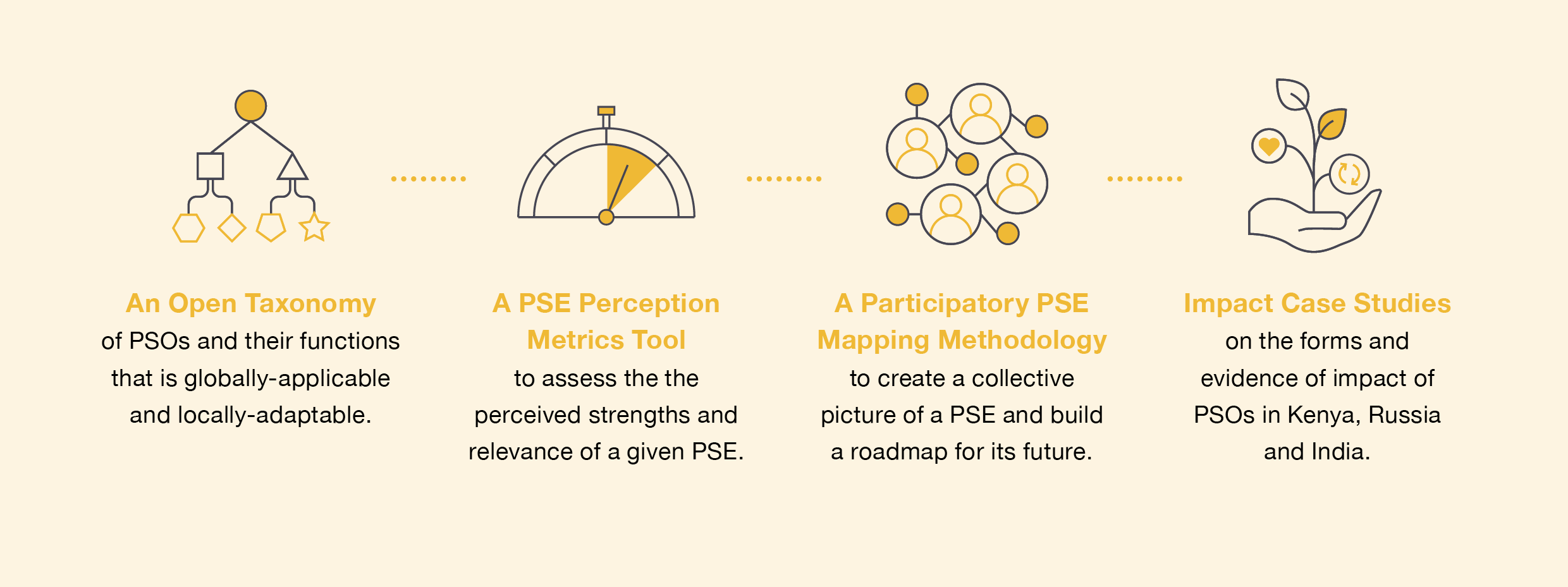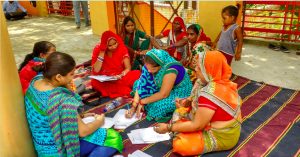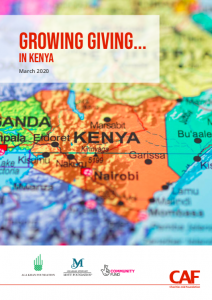For too long philanthropy has failed to recognise the importance of its own support organisations to the development of the field. WINGS and Sattva Consulting have designed a set of tools to address the shortfall
A strong ecosystem is crucial to philanthropy’s development. The Covid pandemic has made this clearer than ever as the actions of networks, advocates, and other enablers on the ground have been vital to philanthropy’s response, yet the ecosystem lacks funding and the tools to understand and reinforce it.
The country case studies show that the focus areas of investment in PSOs typically align with areas of improvement in philanthropy.
To address this, WINGS and Sattva have devised a set of instruments to help philanthropy actors develop a collective vision of giving and engage together in building the philanthropy support ecosystem (PSE) they need to realise it. These four instruments are shown in the graphic below. Here, we take a closer look at three case studies which show the contribution of philanthropy support organisations (PSOs) to philanthropy in India, Kenya and Russia[1].

Developing a philanthropy support ecosystem.
Country close-ups

More than 42% of legalised trusts and funds in India have been created since 2000.
In India, the emergence of large domestic and international funders in the 2000s along with regulations such as the CSR law created a need and demand for a stronger infrastructure. Over 42 per cent of all legalised trusts and funds have been set up since 2000. PSOs have catered to this growing demand for institutional, strategic philanthropy and thereby increased philanthropy’s capability in the country. Examples include mainstreaming and data-building efforts of PSOs such as GuideStar India and GiveIndia which have contributed to the credibility of philanthropy. Today over 90,000 NGOs are listed on the National Institution for Transforming India’s NGO Darpan, which is a platform to provide interspace between NGOs and voluntary organisations in India and the government. These developments are reflected in a sixfold growth of Indian philanthropy between 2011 and 2016.
While knowledge generation has increased, improved documentation and sharing is needed to both inform stakeholder decision-making and provide the transparency needed to further establish the sector’s credibility.
Moving forward, more investments are needed to enable PSO collaboration and coordination across the ecosystem, particularly in the wake of the Covid-19 pandemic, while investments in PSOs for actionable, open-source research will better equip funders to make investment decisions.
 In Kenya, as elsewhere, the growth of PSOs has both followed and stimulated the development of the country’s philanthropy.
In Kenya, as elsewhere, the growth of PSOs has both followed and stimulated the development of the country’s philanthropy.
The PSOs in the country have provided the means to increase the capacity of philanthropy in terms of financial and human resources. According to research by CAF, 62 per cent of Kenyans gave philanthropically last year and 44,000 social enterprises in the country supplemented job opportunities, bringing in talent to the sector.
The most significant contribution of the PSOs has been to the connection of philanthropy with Kenya’s largest networks including the East Africa Philanthropy Network, Africa Philanthropy Network, the SDG Partnership Platform, and African Venture Philanthropy Alliance, among others. This has helped demonstrate the breadth of reach, bringing in operational synergies and mobilising political change for improved philanthropy. However, further investment in PSOs is needed to provide support services such as data gathering and capacity building. While knowledge generation has increased, improved documentation and sharing is needed to both inform stakeholder decision-making and provide the transparency needed to further establish the sector’s credibility.
More investments are needed to enable PSO collaboration and coordination across the ecosystem, particularly in the wake of the Covid-19 pandemic.
In Russia, the development of PSOs in the 1990s spurred the subsequent rise of philanthropy to a total of $2.5 billion in 2018, with online giving platforms playing a particularly significant role. In 2019, 49 per cent of Russians made charitable donations.
The foreign agents law has been a setback to Russian philanthropy, although it has to some extent been offset by local investment. Still, many challenges confront Russian PSOs: network building, standard setting, data management, professionalism and ecosystem-level engagement with smaller players.
An invitation
The effects of philanthropic initiatives are notoriously hard to measure and this is even more so for PSOs whose contributions are collective, long-term and intangible. The country case studies show, however, that the focus areas of investment in PSOs typically align with areas of improvement in philanthropy.
They also give a strong indication both of how much PSOs have achieved and how much more they could achieve with the right attention and thoughtful investments.
We encourage you to engage in strengthening the ecosystem where you work. In particular, we urge you to conduct a participatory mapping process in your country or region using the open-source methodology described above. It’s a powerful tool to bring different actors together, pool their knowledge and from it devise a joint long-term action plan for a stronger, more interconnected ecosystem.
The authors wish to thank Aarti Mohan, Samridhi Puri, and Benjamin Bellegy for their contribution to this article.
Nadya Hernández is programs manager at WINGS
Email: nhernandez@wingsweb.org
Nikita Damle is research associate at Sattva Consulting
Email: nikita.damle@sattva.co.in
Footnotes
- ^ The Philanthropy Support Ecosystem (PSE) is the community of interacting organisations, functions and activities that assists and enables the achievement of philanthropy’s potential. The research and tools referenced in this article will be available in early 2021 at www.wingsweb.org




Comments (0)